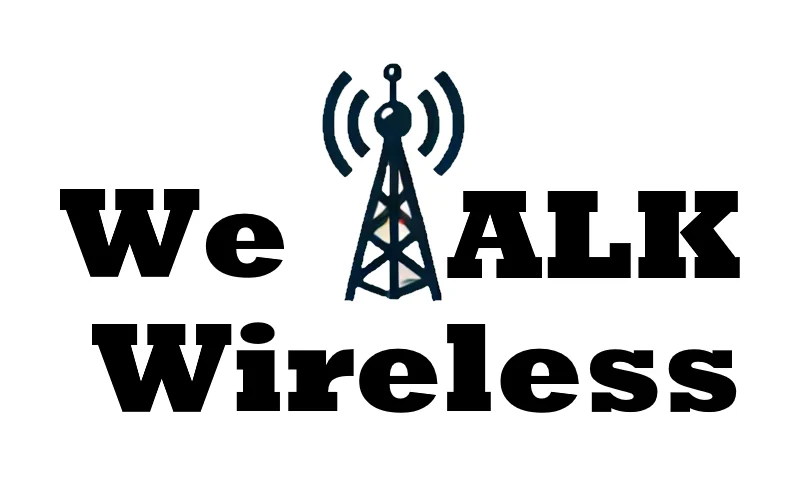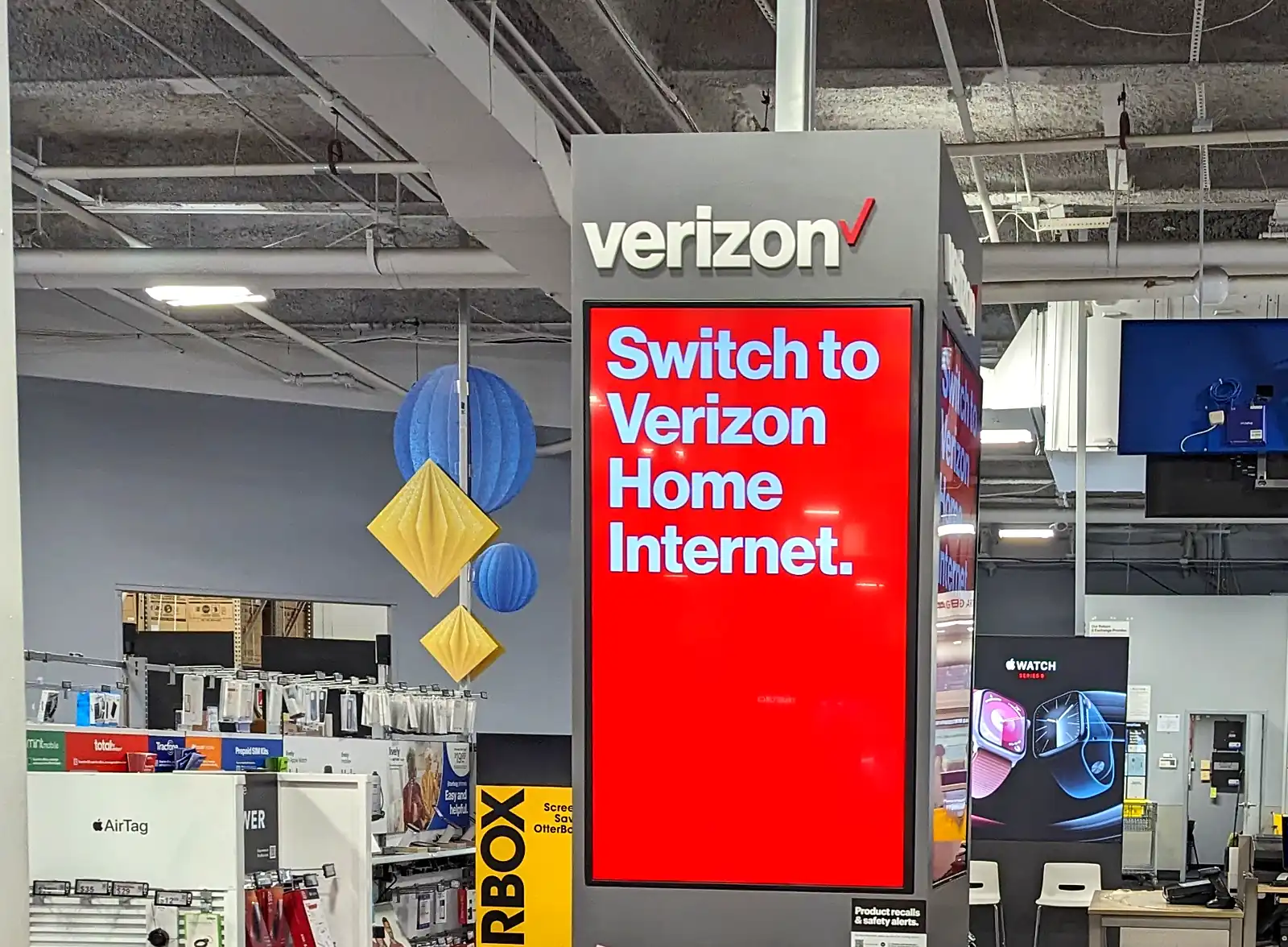In a bold move to strengthen its fiber network and expand its reach across the nation, telecommunications giant Verizon Communications has announced plans to acquire Frontier Communications for a staggering $20 billion. The all-cash deal aims to integrate Frontier’s extensive fiber infrastructure into Verizon’s existing network, positioning the company as a leading provider of high-speed internet and other connected services.
A Strategic Fit or a Costly Overreach?
While the acquisition is expected to significantly bolster Verizon’s fiber footprint and provide access to millions of new customers, at least one analyst has raised concerns about the deal’s potential risks and long-term benefits. Critics like Craig Moffett of MoffetNathanson Research argue that Frontier’s relatively small size and limited geographic reach may not justify the hefty price tag, and that the combined entity may still face challenges in competing against other major players in the telecommunications industry. Moffet contends that Verizon will not be able to effectively converge its wireline fiber network with its nationwide wireless network in a meaningful way given the small additional wireline footprint it will inherit. Dense optical fiber networks serve as a key backbone to support the deployment of high-speed low latency 5G wireless networks.
Key Points from the Deal:
- Fiber Expansion: The acquisition will add Frontier’s 2.2 million fiber subscribers and 7.2 million fiber locations to Verizon’s existing network, expanding the company’s reach across 31 states and 25 million premises.
- Increased Competition: By combining forces, Verizon and Frontier aim to become more competitive in the market and offer premium services to a wider range of customers.
- The combination of Frontier’s premium broadband services with Verizon’s premium mobile offerings creates a stronger value proposition for customers. Mobile and Home Internet customers who subscribe to both services demonstrate greater loyalty, with churn rates for postpaid mobility decreasing by approximately 50%. Verizon expects its fiber customer acquisition to enhance its mobility economics.
- Synergy and Cost Savings: The deal is expected to result in significant cost synergies and operational efficiencies, allowing Verizon to improve its bottom line.
- Regulatory Hurdles: The acquisition will likely face regulatory scrutiny and may encounter challenges in obtaining necessary approvals. Verizon expects the transaction to close in approximately 18 months.


generique kamagra generique
canada kamagra sans ordonnance
ordering enclomiphene generic cheap
get enclomiphene generic europe
cheapest buy androxal generic in us
how to buy androxal cheap real
dutasteride low cost in canada
buy dutasteride cheap melbourne
buy cheap flexeril cyclobenzaprine price new zealand
flexeril cyclobenzaprine best price
buy gabapentin singapore where to buy
how to order gabapentin canadian pharmacy no prescription
ordering fildena generic overnight delivery
fildena online discount
buy cheap itraconazole purchase in the uk
cheapest buy itraconazole buy online usa
get avodart uk delivery
get avodart canada purchase
ordering rifaximin purchase from canada
ordering rifaximin canada fast shipping
canadian meds xifaxan
cheapest buy xifaxan cost insurance
bez lékařského předpisu kamagra
kamagra fedex bez lékařského předpisu